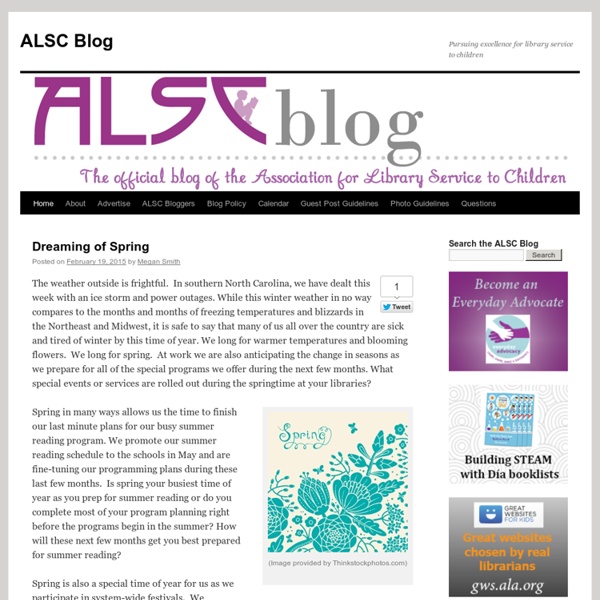The Traveling Librarian
This blog has been created by Sarah P. Gibson. For more info please visit my webpage: www.sarahpgibson.com. The homepage artwork (c2013) is courtesy of Abrian Curington, an artist and former library assistant. What have I published? How to Become an International Librarian, Amazon, 2014 Going International! Libraries Burning: A Discussion to be Shared (PDF) Progressive Librarian, Issue no. 26, Winter/Spring 2006, p. 40 Strangers in Paradise, School Library Journal, June 2001 If you Knew Dewey…, School Library Journal, August 2001 Afraid to Come In: Students who Fear the Library (PDF) unpublished Out-of-Sight in the Buraydah, Cricket Magazine, Part I – Nov/Dec. 2009, Part II – Jan. 2010 The Truth about Horses, Friends & My Life as a Coward Marshall Cavendish, October 2008 160 Pages, ages 8 and up ISBN: 978-0-7614-5459-5 Lisa’s Snow Day Gannett Books,1988, Picture Book Island Progress, Maine Island Journal, Vol, 5. 1998, p.79. Where in the world have I been? Where in the world am I now? Like this:
The Hub | Your Connection to Teen Reads
Today’s Quick Picks nominees are filled with thrills and chills. Breaking by Danielle RollinsBloomsbury USA Children’sPublication Date: June 6, 2017ISBN: 9781619637405 Charlotte has never been a top student at her prestigious, expensive, academically rigorous boarding school.
The Daring Librarian
AASL Blog
Ideas for Using AASL Best Websites: Blendspace April 10, 2014 Posted by Heather Moorefield-Lang in Best Websites for Teaching and Learning, Technology. Blendspace, one of AASL’s 2013 Best Websites for Teaching and Learning in the Manage and Organize category, offers both teachers and librarians a very intuitive, option-rich environment for sharing content online with students and other teachers. With Blendspace, you can: build a simple “playlist” of websites, videos, images, and text you can share in a presentation or live lessonembed a playlist in a website or blog to share resources onlinecreate flipped or blended lessons that have students watch videos, visit websites, and respond to short quizzes to monitor participation and comprehension Blendspace first came to life in 2012 as Edcanvas, offering an easy way for educators to blend “materials together from all over the web into beautiful lessons,” as described in the Blendspace blog. Posted by Brooke Ahrens in Check this out!. Mission:
Unpretentious Librarian
The Adventures of Library Girl
hls | …how would you Hack Library School?
Rule Number One: A Library Blog
proseandkahn
A Chair, A Fireplace, & A Tea Cozy
New Stephen's Lighthouse




The ALSC blog contains many book reviews for children's literature as well as other resources for school librarians. by kl03645 Sep 11